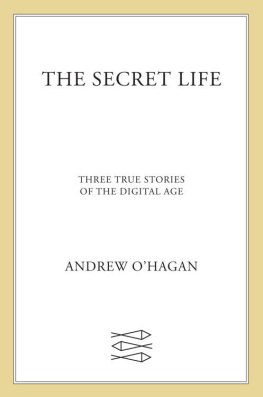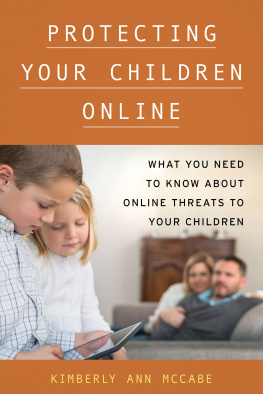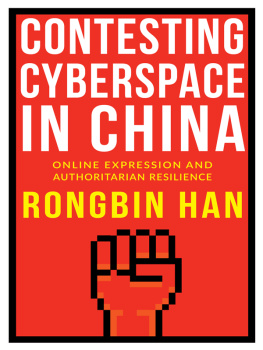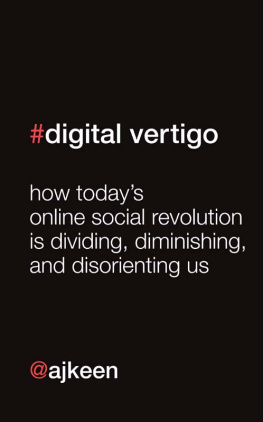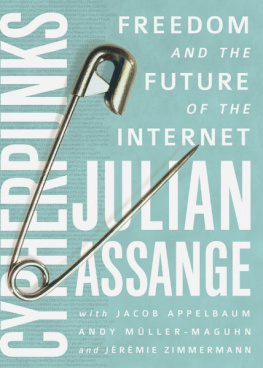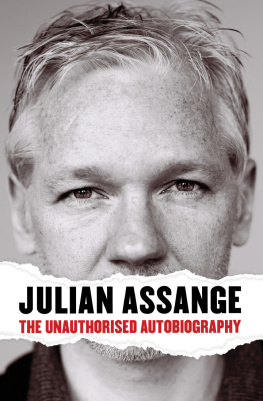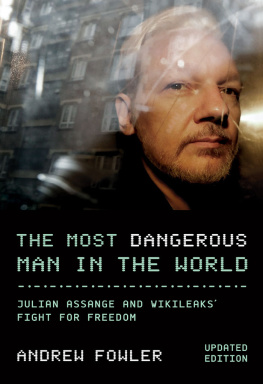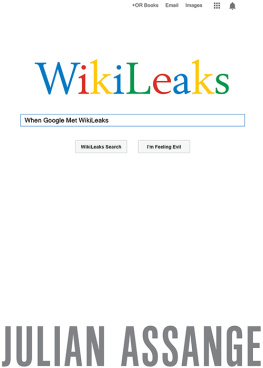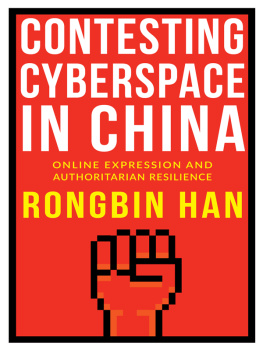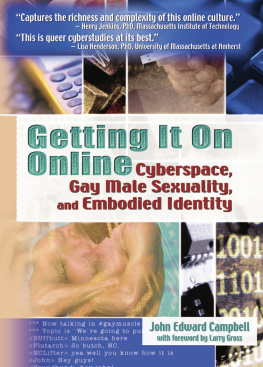
Thank you for buying this
Farrar, Straus and Giroux ebook.
To receive special offers, bonus content,
and info on new releases and other great reads,
sign up for our newsletters.

Or visit us online at
us.macmillan.com/newslettersignup
For email updates on the author, click here.
The author and publisher have provided this e-book to you for your personal use only. You may not make this e-book publicly available in any way. Copyright infringement is against the law. If you believe the copy of this e-book you are reading infringes on the authors copyright, please notify the publisher at: us.macmillanusa.com/piracy.
for Jane Swan
There is another world, but it is in this one.
PAUL LUARD
When you write novels, you take from the world what you must, and give back what you can, and you take it for granted that the imagination is sovereign. But what happens when you are writing a reported story? Isnt it dictated by matters of fact and therefore outside the imagination? My proposition in this book is that the separation wont hold, especially not in the world now. When Im reporting I feel less like a news gatherer and more like an actuality seeker, someone for whom the techniques of fiction are never foreign and seldom inappropriate. The people I write about tend to inhabit a reality that they make for themselves or that in other ways consorts with fiction, and one is required to enter their ether and dance with their shades in order to find the story. When I was a young reader, I learned from the poets not to trust realityreality is a clich from which we escape by metaphor, Wallace Stevens wroteand the leading figures in this nonfiction book, each of whom is real or began real, depend for their existence and their power in the world on a high degree of artificiality.
It is the habit of the times to organize the ironies embedded in this state of affairs and call it culture. (Just look at reality TV.) And the creative writer, given what Ive said about metaphor, may have a head start when it comes to investigating that culturewhich is why we would do well, now and then, to open the notepad and turn on the recording device. Asked which of the arts was closest to writing, Norman Mailer once told me the answer was acting. He talked about an essential loss of ego, a circumstance that most people wouldnt associate with him. But the principle will be familiar to writers of fiction and nonfiction who are always on the lookout for a second life, believing it must be a writers business to invest freely in self-transcendence. I believe that is what F. Scott Fitzgerald meant when he said there can be no reliable biography of a writer, because a writer is too many people if hes any good.
We were addicted to the ailments of the Web long before we understood how the technology would change our lives. In a sense it gave the tools of fiction-making to everybody equally, so long as they had access to a computer and a willingness to swim into the Internets deep well of otherness. J. G. Ballard predicted that the writer would no longer have a role in societyhe would soon become superfluous, like those characters in nineteenth-century Russian novels. Given that external reality is a fiction, Ballard wrote, he does not need to invent the fiction because it is already there. Every day on the Web you see his point being made; it is a marketplace of selfhood. With e-mail, everyone can communicate both instantly and invisibly, as either themselves or someone else. There are 67 million invented names on Facebook, many of them clearly living another life, less ordinary, or at any rate less checkable. Nobody knows who they really are. Encryption has made the average user a ghostan alias, a simulacrum, a reflection. In this climate, only our buying power makes us real, and what self we have is open to offers of improvementnew eye color, better insurance, slimmer bodyfrom marketing firms and mobile-phone companies before they hand our data to governments, who aim to make us visible again in the interests of national security.
In W. H. Audens The Age of Anxiety, we meet Quant, a man who sees his own reflection in the mirror of a New York bar, surrounded by a facetious culture, by which he means a factitious one. It seemed to Auden an aspect of modern life that a man might see no correspondence between his social or economic position and his private mental life. Quant speaks to himself in the mirror. My double, my dear image, he says. Is it lively there in that land of glass? Does your self like mine / Taste of untruth? I think of Audens poem when I consider the two generations who have now spent their time looking at the glass of their computer screens. What have we been looking for? Is it lively there? And have we grown addicted to the taste of untruth? The Internet offers a secret life to everybody, but how it happens, and who controls it, stirred me to write these stories. On every bright acre of the Web, your personal data is harvested to furnish a neural network, a global mind, and your reward is to feel you contain multitudes.
In 1964, thirteen years before Apple sold its first home computer, Joseph Mitchell opened a profile in The New Yorker with the following sentence: Joe Gould was an odd and penniless and unemployable little man who came to the city in 1916 and ducked and dodged and held on as hard as he could for over thirty-five years. Mitchell had written about Gould in the magazine twenty-two years before, but his new profile, Joe Goulds Secret, summoned the cloud of uncertainty surrounding the mans great masterwork, The Oral History of Our Time, which Gould claimed to have spent several decades working on. Joseph Mitchell reported that Gould had never really started the book and it was all just blank pages. Yet, more recently, the writer Jill Lepore unearthed material from The Oral History, and she demonstrates that Joe Goulds Secret has fictional elements. Two writers guard an archive, Lepore says. One writes Fiction; the other writes Fact. To get past them, you have to figure out which is which. Mitchell said that Gould made things up. But Gould said that Mitchell did. What we know for sure is that Joseph Mitchell had a secret of his own: he had never written a word of the Joycean novel about New York that he said he would write. He lived for more than thirty years after his second Joe Gould piece came out, but never published another word. The conversation between a writer and his subjects is often, as Wordsworth said, too deep for tears, and it can involve finding sentences for realities and correspondences that are invisible to the naked eye. Such difficulties have always interested me. They inform my sense of life. Moreover, I find that literature, formerly the main arena of double lives, now takes second place to the Web, where nobody today can be simply one thing.
The stories in this book were written from the wild west of the Internet, before policing or a code of decency. We still dont have good manners or clear professional ethics, and the new ontological arrangements of the Internet are yet to become second nature. I set out to write stories that might swim in the ethical mire of all that, and here they are, together. There is nothing general about these stories: even in the wider context of the Net, my three case studies are individual, and in many ways they are archetypal of nothing but themselves. The WikiLeaks founder, Julian Assange, is not a typical figure of the Internet Age any more than Charles Foster Kane is a typical character from the Age of Newspapers. The purported bitcoin creator Craig Wright is a highly eccentric respondent, on the cusp of digital currency, to the financial crisis of 2008, and his inner trials interested me for their own sake. Ronald Pinn, a digital person I invented based on a young man who died thirty years ago, is between them, a man of the moment perhaps but also an element in experimental journalism, a person both true and not true, around whom the question of existence swirls like snow. Every man has his own Rosebud, and it was never my intention to suggest that these three cases represent the whole Internet, or, heaven save us, the modern man of today. They fascinated me personally. In looking at arguments of power, freedom, transparency, corporate power, economic control, illicit markets, and the manipulation of identity, I found myself entangled with these three individuals. They might each tell a story about the times we are living in, but none of them is universal, and they come from what my editor, Alexander Star, described to me as the bleeding edge of the Internet.
Next page
